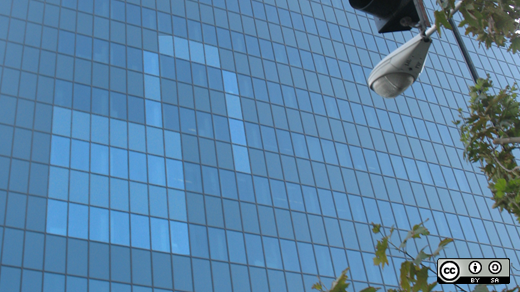If you do a google search of "Occupy Wall St."+"open source," you'll find a lot of interesting reading. While there is some discussion of the technology and techniques used by the protestors, there is far more philosophizing about the open, leaderless, amorphous nature of the protests and the "forks and innovations" that the movement counts on for momentum.
More than one blogger refers to the movement as an "open source protest" because like open source software, "[It] has no defined “message.” It’s just an amalgam of ideas from everyone who’s willing to contribute."
What do you think?







40 Comments